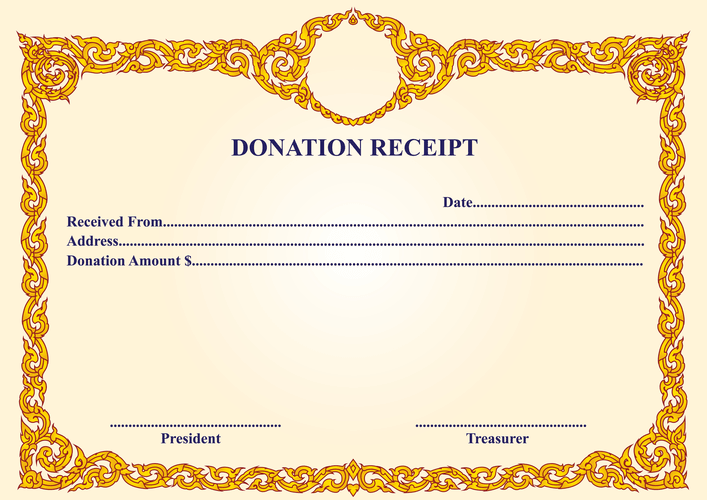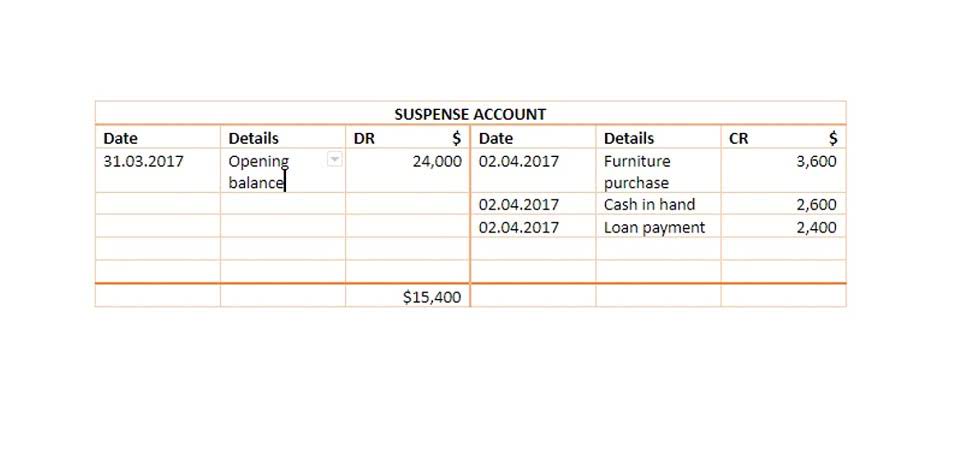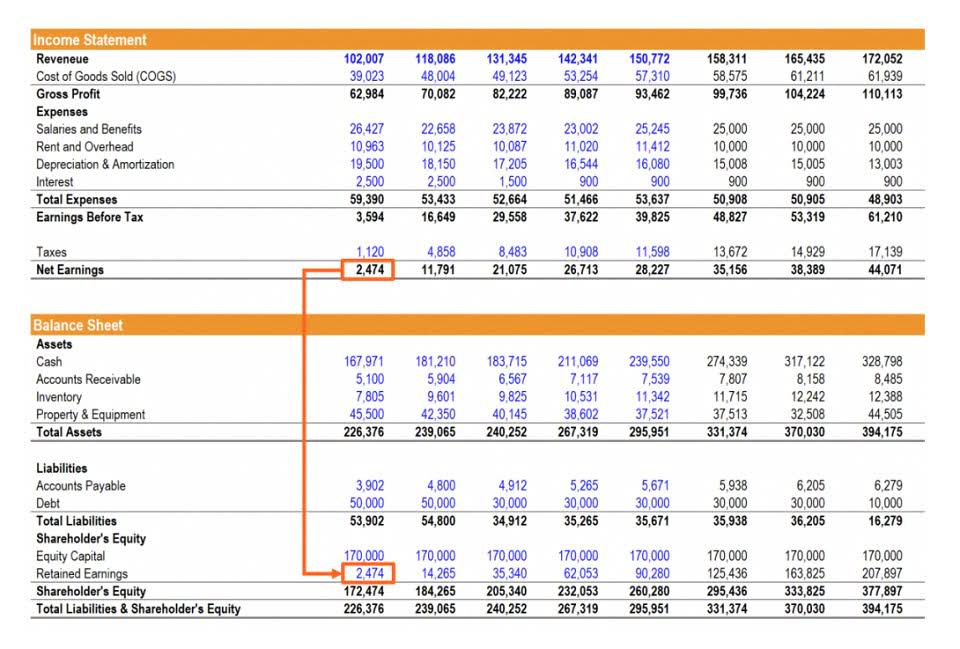
The frequency of preparation of HOA financial statements may vary depending on state laws, community bylaws, and the size of the association. One of the best homeowners association accounting rules to adopt is to exercise internal controls. That means not letting a single person have control over every financial department. Ideally, the person who writes the association’s checks should be different from the person handling receivables.

Accrual Basis of Accounting – Recommended for HOAs
When an association uses the cash accounting method, it is especially important to consider the long-term. There must be some way to review upcoming expenses to avoid making financial decisions based on what financial reports and balances indicate is available. It’s also important to have a realistic budget to avoid making decisions based on the income that may not be collected. With the modified accrual basis method, the amounts for Prepaid Assessments and Assessments Receivable will be the same as the amounts on the Balance Sheet, just as with the accrual basis method. If unpaid invoices appear under Accounts Payable, the amounts will differ from those recorded on the Balance Sheet.
Reviews Tell Our Story
Also known as the Modified Cash Basis, the Modified Accrual Basis of accounting combines the Cash Basis with the Accrual Basis methods. The Modified Accrual Basis method is unique because revenues are recorded as soon as they are earned, but expenses are only recorded when payment has been made. In this case, accounts like assessments receivable and prepaid assessments will appear on the balance sheet, but liability accounts such as accounts payable will not appear. Like the Cash Basis, this method can only be used for interim or unofficial reporting. Some associations will keep a few important expenses on an accrual basis (if they would otherwise skew the financial reporting), and the rest of the expenses on a cash basis.
Understanding Homeowners Association Accounting

This report has a receivable counterpart, usually known as the account delinquency report, which shows all of the money owed to the association. Your HOA board has a duty to manage the association’s finances correctly. In some cases, members of the community might take legal action against your board for mismanagement. And, although state laws and your governing documents might offer you some protection, court rulings may still find you personally liable for poor HOA accounting and financial management. COMPASS Property Management, headquartered in Rochester, New York was founded in 1972 to provide property management services to condominium, town home and community associations. The firm is a member of the Community Associations Institute (CAI) and the Institute of Real Estate Management (IREM), from which it has received the designation as an Accredited Management Organization (AMO).
The Best HOA Accounting Method: Cash, Accrual, Or Modified Accrual?
To that end, the accounting profession has recognized this need and continues to support the use of fund accounting by providing extensive standards and principles in this area. No organization can work smoothly without the proper management of its financials. If you want to have a prosperous and successful association, master these aspects of accounting.
- EMS helps boards prepare annual budgets, creates financial reports, assists with billing and collection, and processes invoices.
- The exact amount of the billing is generally unknown until the invoice from the utility company actually arrives.
- An expert team of property management accountants can not only reduce accounting costs but free up your HOA board to focus on critically important stuff like trampoline colors and rose bushes.
- Once a request is made, the homeowner is not permitted to make another request for detailed accounting for 90 calendar days.
- In order to run a homeowners association, you’ll need to understand proper reporting.
How to make and enforce a collection policy for your condo or HOA

A fiscal year is the period used for calculating annual (yearly) financial statements. While a large number of associations use the calendar year (January-December) as their fiscal year, a business can elect to use any other twelve-month period such as June-May as their fiscal year. Given that funds are essentially having more than one general ledger, the accounts can be designated by the special use of account numbers, each set of numbers representing a specific fund.

Large associations with many accounts or complex budgets often choose to prepare statements every year. The most common mistake that people make when preparing https://www.bookstime.com/ HOA financial statements is not adding enough detail. Add every detail, no matter how small, so you have a more thorough insight and better decision-making.

Cash Basis of Accounting
It lists down all your revenues as well as your expenses, deducting the latter from the former to arrive at your net income or loss. The HOA balance sheet compares your association’s assets against your liabilities and owner’s equity. It gives you a complete look at your HOA’s net worth, including how much money you have in your HOA Accounting bank account. The accrual method is the only basis of accounting that conforms with the Generally Accepted Accounting Principles (GAAP). Because you record transactions as you incur or earn them, you instantly know how well your HOA is doing financially. It produces the most comprehensive overview of your HOA’s financial status.


